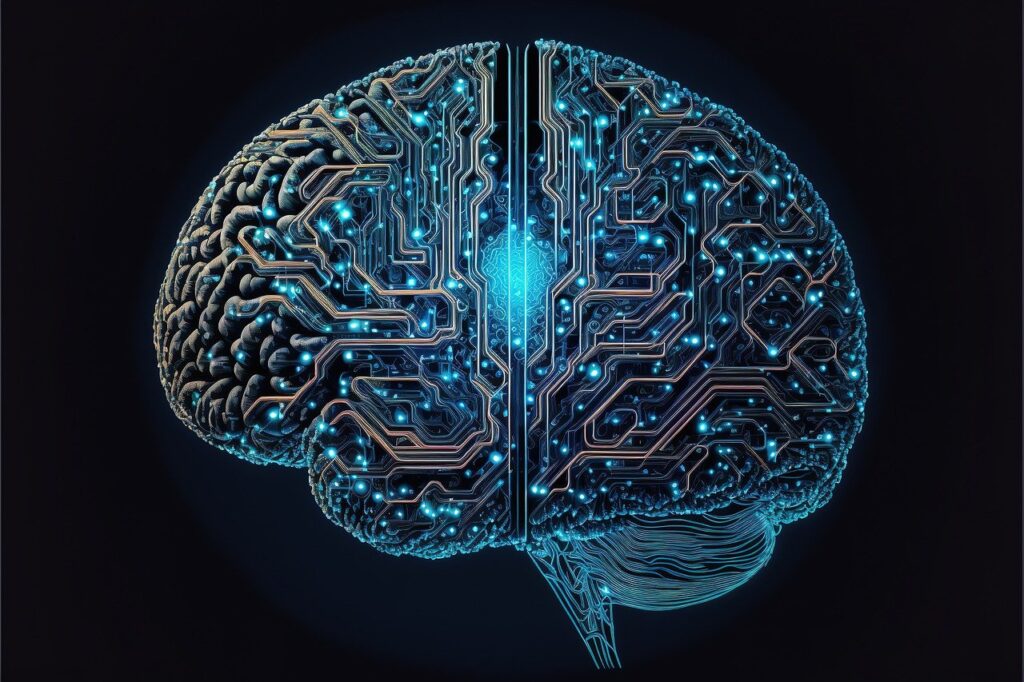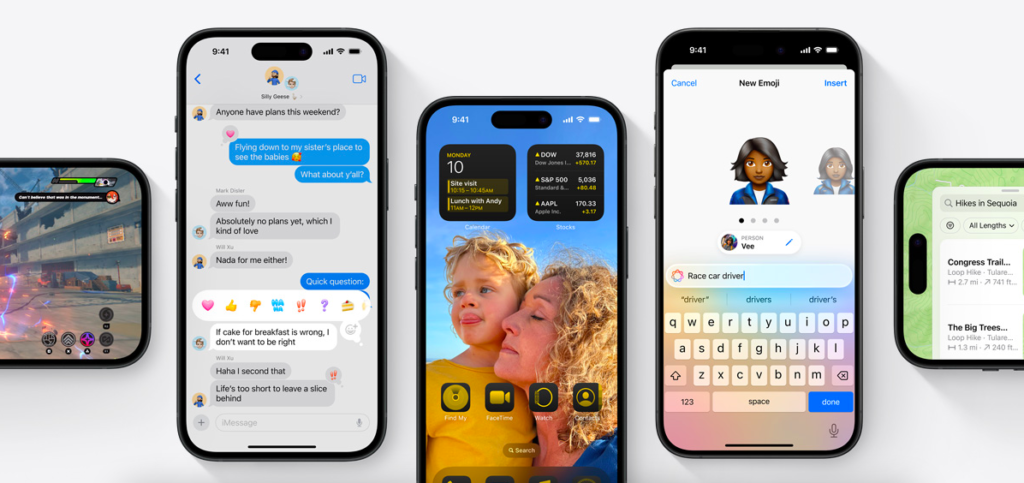
Generative AI has changed the world completely. It has opened a new world of possibilities in every field. With the advent of Generative AI, businesses, institutions, creators and society as a whole has been impacted. It has the potential to transform the entire world. In this article, we will discuss about Generative AI, its applications, challenges and much more.
What is Generative AI?
Generative AI forms a part of Artificial Intelligence and is known for creating new content. It differs from traditional AI in the context that traditional AI often operates on pre-defined rules or patterns to solve problems whereas generative AI uses machine learning models (neural networks) to generate new data that resembles existing data. The machine learning models are trained on huge number of datasets and is capable of producing realistic outputs, be it text or images.
Generative AI has become popular with the advent of OpenAI’s ChatGPT which can generate human-like text based output based on the prompt given. Apart from text, tools like DALL-E can also generate images based on textual descriptions.
How does Generative AI Work?
Generative AI works on the basis of the neural networks. These neural networks are trained on a vast dataset to recognise patterns and generate new data that aligns with those patterns. The most common approaches in Generative AI are Variational Autoencoders and Generative Adversarial Networks. You can know more about it by clicking on the links. These models are trained for fine tuning them through iterative processes to allow them to produce realistic outputs.
Applications of Generative AI
Generative AI has a wide range of applications across various industries. Many industries have also adopted Generative AI to speed up their processes and increase their productivity. Some applications of Generative AI are discussed below:
Content Creation using Generative AI: Perhaps the most impact Generative AI has is on content creators like writers, bloggers, etc. Generative AI has simplified the process of brainstorming, blueprinting, outlining, etc. for the content creators. They have adopted Generative AI to assist them in their creative processes.
Designing using Generative AI: AI generated art has gained immense popularity and has inspired designers like graphic designers, UI designers, fashion designers, etc. to adopt Generative AI to fast-track their creative processes. Platforms like DALL-E enables users to create unique images from text prompts.
Marketing using Generative AI: Marketers especially digital marketers have adopted Generative AI techniques to enhance their marketing campaigns, design better campaigns, do better search engine optimisation, and improve their search engine rankings. Marketers have also used Generative AI to come up with unique marketing strategies to attract customers. It can be said that Generative AI has improved overall marketing campaigns of organisations.
Education: This is one of the fields where Generative AI will impact the most. People have started gaining knowledge from Generative AI tools like ChatGPT and Google Gemini. They can create customised learning materials, generate practice problems and even simulate real-world scenarios for the purpose of training. Moreover, Generative AI can help students satisfy their curiosity by providing creative and original knowledge material to study.
Music Production: Generative AI can also assist in the music production process. As an example, OpenAI’s MuseNet can compose music in various genres, thereby offering new tools to musicians and composers.
Gaming/AR/VR: Generative AI can enhance the experience offered by AR/VR platforms by generating new images and content to let users explore. Also, gaming experiences are enhanced allowing personalised gaming and offering endless possibilities of game design. Game engines like Unity and Unreal are implementing Generative AI to make the process of game creation more fluid and more dynamic.
Challenges of Generative AI
Although Generative AI provides many benefits, there are also challenges to using it. It can raise several ethical concerns that must be addressed:
Deepfakes: Deepfakes are highly realistic but fake images, videos or sounds. Generative AI can be used to create deepfakes and spread misinformation and commit fraud posing significant risks to society. Deepfakes using Generative AI has been a pressing issue in recent times.
Bias: Generative AI content can sometimes reflect societal biases as it is trained on existing data, thereby leading to unfair or discriminatory outcomes. Therefore, Generative AI tools must be carefully managed to prevent such incidences.
Job Displacement: As Generative AI becomes more and more capable, it poses a threat to workers in the field of blogging, web design, programming etc. The works of these creative fields are something Generative AI can do to a great extent, so it poses a threat to the human workers working in these fields.
Copyright Infringement: Since Generative AI are trained on existing data models, so the content might reflect in the results, moreover it has data from which it learns, and later if reproduced exactly, it may lead to copyright infringement.
Privacy: Generative AI also poses a threat to user privacy as it often requires user information to provide results accurately. What will happen with the collected data? How will it be used? These are some pressing privacy issues.
What does the future holds for us?
Generative AI is undoubtedly an amazing revolution in the field of Artificial Intelligence. It can greatly help humans in various tasks and in various fields. But clear guidelines must be there to regulate Generative AI such that its disadvantages can be suppressed and its advantages can be enhanced. A healthy collaboration between humans and Generative AI must be fostered in order to unlock the full potential of both. It is very much essential to approach the development of Generative AI with caution, responsibility and by having a human-centric focus. In the future, as Generative AI become much more capable, much more knowledgeable and much more advanced, it will be interesting to see how humans manage it and use Generative AI for the betterment of the society.
So, what are your views on Generative AI? Let me know in the comments section. Thanks for reading! Do share this article with others!
You may also like:Here’s how ChatGPT is helping bloggers write better content


